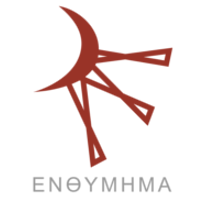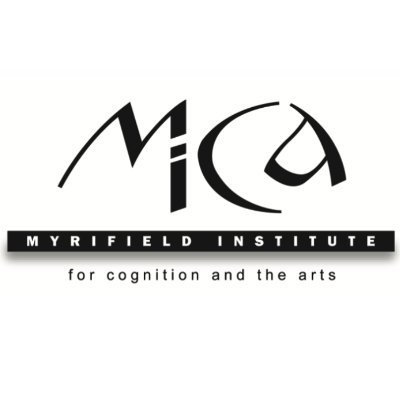
Last paper:
Grazia Pulvirenti, Renata Gambino, Neurohermeneutics. A Transdisciplinary Approach to Literature
- Peer review
- Submit a paper
- Suggest a paper
- Contact us
- Partner program
Gabriela Tucan,
Cognitive Poetics: Blending Narrative Mental Spaces. Self-Construal and Identity in Short Literary F
Year: 2013
Topics: Blending;
Disciplines: Literature;
DOWNLOAD PAPER
Download size: 364.3 KB
The present study seeks to explore some of the major assumptions made by cognitive linguists regarding language in an attempt to see how various language processes can participate in the emergence of literary meaning. Also, this is an attempt to bridge the gap between linguistics and literary studies. For that purpose, linguistic work with a cognitive orientation can open the floor to one highly debatable question in critical literary theory: the question of interpretation. The primary step in order to meet my objectives is the presentation of a model of analysis that inves-tigates the processes of meaning formation in literary texts – the theory of blending seems to be extremely suitable for an account of meaning formation. I believe that my article can profit sub-stantially from the wide array of instruments provided by the blending theory in order to under-stand the nature of the reader’s mind while reading literary (short) stories. The study of the basic mental operation of blending is motivated by the general relationship of cognitive poetics and narrative theories. To this end, I will be extensively making use of the blending framework in order to address its narrative implications in two of Hemingway’s already canonical short stories – Big Two-Hearted River and Soldier’s Home. What I hope to demonstrate is that the conceptualiza-tion of the narrative mental spaces in these two short stories always has counterfactuality availa-ble and uses it as a valuable mental resource. Also, I will try to show that conceptual integra-tion/ blending plays a central role in the self-construal of characters’ identity.
Keywords
Blending, cognitive poetics, character identity,narrative mental spaces, short story.
Project
The Neuro Humanities Studies Network aims at creating a multidisciplinary research community in order to develop and structure a linking platform for neuro-scientific, cognitive topics and humanities.
Click on each keyword to show papers related with it.









